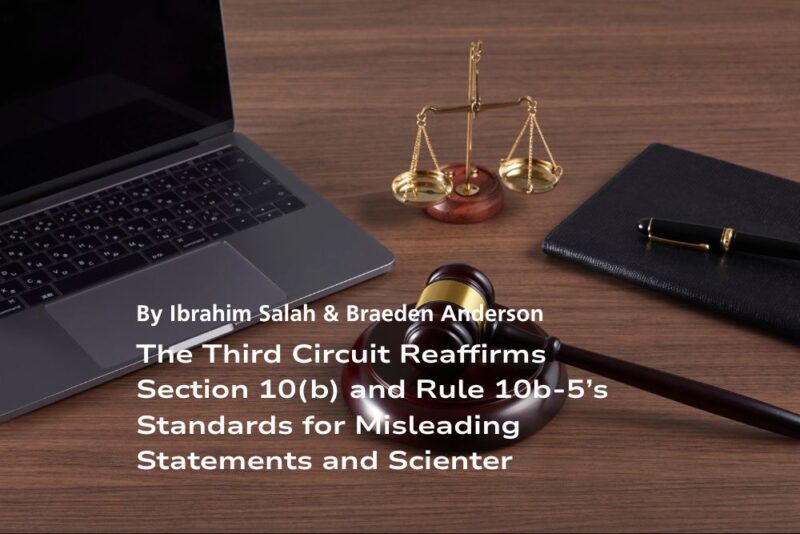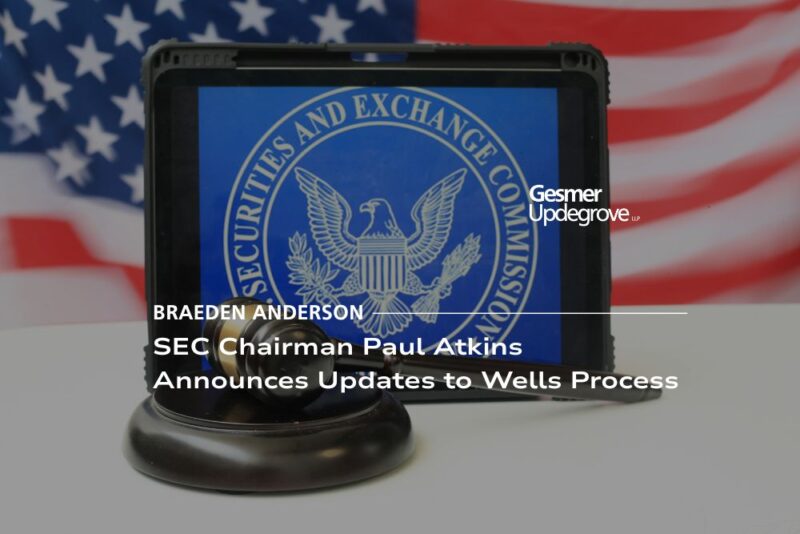By Todd Gerety
The experimental use exception is a common law defense to patent infringement that was first articulated in Whittemore v. Cutter, 29 Fed. Cas. 1120 (C.C.D. Mass. 1813). In Whittemore, the court approved a jury instruction for determining patent infringement as requiring the alleged infringer to have intended to profit from the making or use of the patented machine. The Whittemore court reasoned that “it could never have been the intention of the legislature to punish a man, who constructed such a machine merely for philosophical experiments, or for the purpose of ascertaining the sufficiency of the machine to produce its described effects.”
Traditional Scope and Limitations
Historically, the U.S. courts have taken a restrictive stance toward the experimental use defense, generally finding patent infringement unless the infringing use is solely for amusement, to satisfy idle curiosity, or for strictly philosophical inquiry. In Madey v. Duke University (Fed. Cir. 2002), the Federal Circuit held that use in furtherance of legitimate business objectives, even within academic institutions, does not qualify for the experimental use defense.
Under this strict interpretation, uses that even indirectly serve commercial or business goals could be viewed as infringing, even if the primary goal was experimental. Consequently, universities and companies conducting early-stage research, product development, or academic studies often risk infringement if they incorporate patented inventions into their work without permission.
Calls for Reform; Policy Proposals
This restrictive stance on experimental use exception has spurred some calls for change. Critics of the narrow experimental use exception advocate for a more permissive doctrine that would allow limited experimental uses, especially those that do not directly compete with the patent holder’s commercial interests. They argue that it impedes innovation, for example, by restricting researchers access to patented technologies, thereby discouraging legitimate scientific inquiry that could lead to technological breakthroughs or otherwise contribute to scientific knowledge. On the other hand, proponents for keeping the status quo for the narrow experimental use exception argue that it promotes innovation by rewarding inventors with robust patent rights.
Contact Todd Gerety for Patent Assistance:
Another proposal has suggested a distinction between “basic research” and “applied research” to determine whether a use should fall within the exception. Basic research that contributes to scientific understanding, without intent to develop a marketable product, would be protected. This differentiation could provide a clearer boundary for courts, legislators, and researchers.
International Perspectives and Harmonization Efforts
Globally, the experimental use exception varies considerably, with European and Asian countries adopting more permissive approaches than the U.S. In these jurisdictions, patent law typically includes broader carve-outs for experimental uses, particularly in academic and scientific research settings. The trend toward harmonization and the establishment of international standards have further fueled discussions about the U.S. approach, especially within the research and development sectors.
Looking Forward in the U.S.
The United States Patent and Trademark Office (USPTO), Department of Commerce, recently concluded a request for comment (RFC) from the public regarding its views on the current state of the experimental use exception to patent infringement and whether legislative action should be considered to enact a statutory experimental use exception.
In the USPTO’s RFC, information was sought on how the current state of U.S. experimental use exception jurisprudence has impacted innovation within various fields of technology and whether a statutory experimental use exception should be defined, including specific limitations and restrictions needed to ensure that patent rights are preserved among others. The USPTO has yet to issue its findings.
As the legal landscape around experimental use evolves, researchers, legal professionals, and policymakers continue to advocate for a framework that balances innovation with the rights of patent holders. Broader experimental use exceptions could foster a collaborative and exploratory research environment, helping drive scientific discovery. However, any reform would need to carefully navigate the line between protecting intellectual property rights and promoting innovation.
Meet the Author
Check Out Our Latest Publications
- SEC CHAIR OUTLINES PLAN TO BRING CLARITY TO DIGITAL ASSET OVERSIGHT

- CRYPTO TAX: YEAR-IN-REVIEW

- The Third Circuit Reaffirms Section 10(b) and Rule 10b-5’s Standards for Misleading Statements and Scienter

- SEC Chairman Paul Atkins Announces Updates to Wells Process

- SEC Policy Update: Coordinated Review of Settlements and Waivers Restored

- SEC Provides Key Update on Treasury Clearing Rule Implementation

